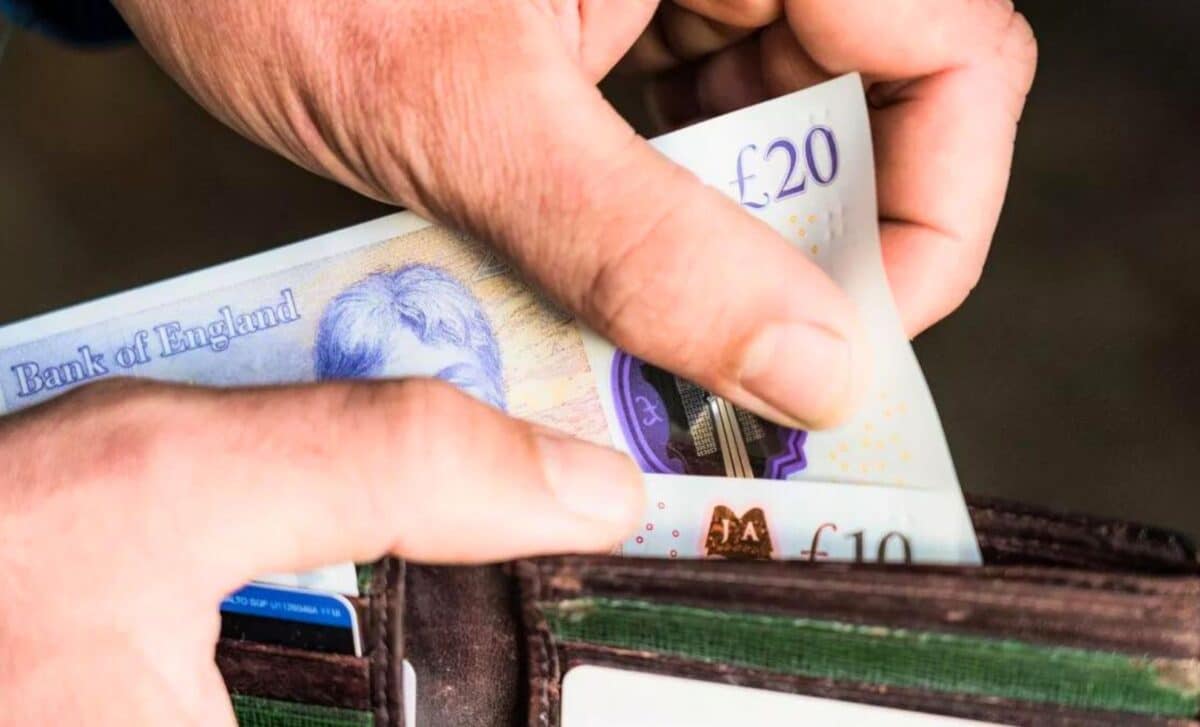The Department for Work and Pensions (DWP) is extending its help even further this year. With its new £812 loan scheme, the DWP is taking a generous step towards ensuring that recipients do not have to worry about repayment for two years.
The primary aim of this loan scheme is to help households meet one-off expenses such as replacing essential household appliances.
Understanding the DWP’s Loan Scheme
DWP loans and advances are nothing out of the ordinary. However, one thing that has changed is the flexibility of repayment. Effective from December 2024, the repayment period for new budget advances will be extended from 12 to 24 months.
Effectively, this extension reduces the monthly repayment amount, easing the financial burden on the beneficiary. And best of all, these loans are interest-free.
Chancellor Jeremy Hunt emphasised how important these loans are in his Spring Statement and Budget announcement on 6 March. In his own words,
“Nearly one million households on Universal Credit utilise Budgeting Advance loans to manage expensive emergencies like boiler repairs or help getting a job.” Jeremy Hunt.
Such loans can cover a wide range of costs, including furniture and household items such as washing machines, clothing and footwear. It also covers employment-related expenses, maternity, funeral expenses and the cost of repaying hire-purchase loans and loans taken out for the above items.
In the case of a budget advance, your Universal Credit payments will be reduced until you have repaid the full amount borrowed. This repayment is currently made over a 12-month period.
How Much Loan Can You Get?
According to the DWP, the amount of the loan you receive will depend on how much you need and will be determined in conjunction with your careers’ adviser, Generally, the smallest amount you can get is £100. However, you can get up to the following amounts:
- £348 if you are single
- £464 if you are a couple
- £812 if you have children
The repayment amount is based on your income, including any benefits you receive, and what you can afford. After you have applied for a budget loan, you will receive an e-mail, text message or letter informing you that your application has been accepted.
DWP PIP Payment List
The DWP is set to provide a financial boost to thousands of people by introducing new rates for Personal Independence Payments (PIP) this month.
PIP benefits are adjusted for inflation every April, which means that recipients will see their payments increase. Depending on individual circumstances, PIP can provide up to £184 per week.
There are two parts to the PIP: the daily living part and the mobility part. Claimants may fall into either or both of these categories, with a higher or lower rate depending on the severity of the person’s condition.
PIP Revised Rates
The revised rates are:
Daily living component
- Lower rate: £68.10 a week, rising to £72.65 a week from April
- Higher rate: £101.75 a week, rising to £108.55 from April
Mobility component
- Lower rate: £26.90 a week, rising to £28.70 from April
- Higher rate: £71 a week, rising to £75.75 from April
The DWP has confirmed that it will review further cases after 220,000 people had their payments stopped by the DWP between 2019 and 2024 following an assessment of their circumstances. Some assessments have been put on hold due to heavy workloads, but will now be prioritised.










How do apple the loan
Asked about this today got told they didn’t know anything about it. Also welfare rights and all support have been asking and I have been fighting dwp universal credit who keep ignoring the transfere to lcwra for a disabled veteran this has been going on for 4 years 6 months with welfare rights and still they are not acknowledging the entitlement
Hello,
I just want to ask what is that mean a New £812 loan??? Will I can get it if I already have one??
It’s the same thing but you will take longer to pay back meaning that if like myself you regularly use the loan to pay for things like car insurance etc you will take twice as long to pay back. You get no choice about this the repayment schedule is automatically done. You either accept or no loan. Whether you want to pay faster slower or not at all. Btw 🥸